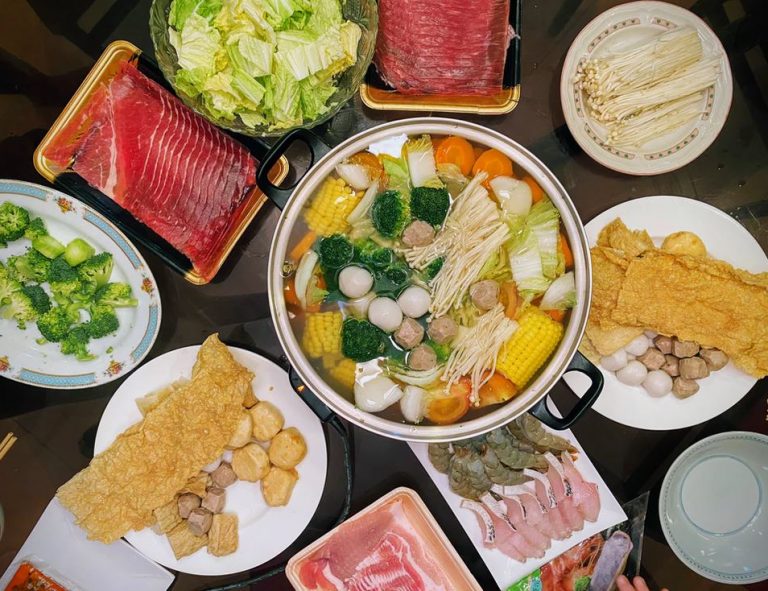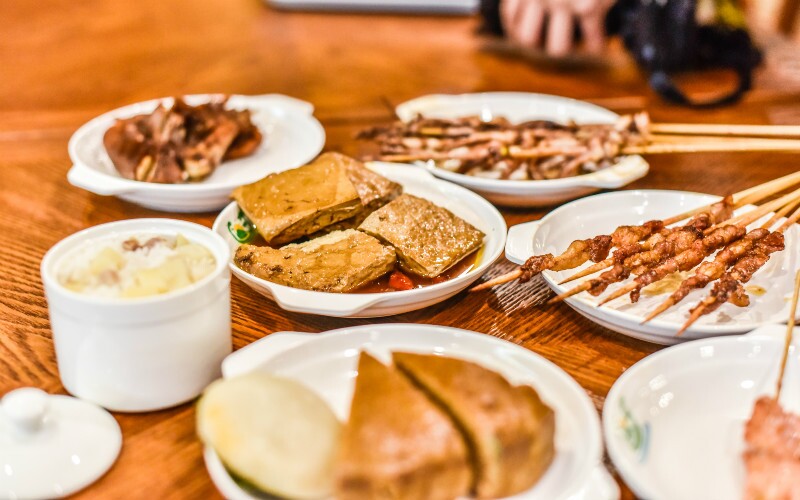20 Recommended Suggestions To Savor the Flavors of China
Wiki Article
Top 10 Tips To Shopping For Regional Specialties In China
1. Research before you travelTip. Know what each place is known for. Suzhou is renowned for silk, Jingdezhen porcelain and Tibet thangkas.Pro: It helps you concentrate your shopping and stop spending time.Con: You must be prepared and familiar with the highlights of the region.
2. Buy Local to Ensure AuthenticityTIP: Buy products directly from their place of origin to guarantee authenticity and quality.Pro: Lowers the risk of copyright goods, and also helps local artisans.Cons: Getting away from tourist areas or rural areas is possible.
3. Visit the Workshops of ArtistsChoose small workshops or artisan hubs instead of general stores.Pro: You'll have more understanding of the craft and you can buy directly from the makers.Pro: Some products made by hand are more expensive and difficult to bargain.
4. Understanding Cultural SignificanceDiscover the history of items such as jade or cloisonne carvings.Pro: Adds value to your purchases and boosts the value of your purchases.Cons: It may require some time to learn all the cultural subtleties.
5. Make sure you are checking the quality with care.To ensure you're satisfied with the quality, check to see if things like tea, ceramics or even embroidery conform to your expectations.Pro: Avoids disappointment by ensuring that you get what you spend for.Cons: Requires expert knowledge or assistance to identify high-quality products.
6. Beware of mass-produced goodsExplore unique, handcrafted products instead of mass-produced replicas.Pro: You get to bring home an exclusive and valuable keepsake.Con: Genuine craftsmanship tends to be more expensive and harder-to-find.
7. Compare PricesTip: Compare prices at different shops or at stalls the same product.It is possible to identify acceptable price points to avoid paying excessively.Con: It can be time-consuming particularly for markets with large sizes.
8. Buy Tea from reputable vendorsTip - In areas like Hangzhou or Fujian there are reputable Tea Houses for Longjing or Tieguanyin.Pro: It assures authenticity and quality.Con: It is difficult for newcomers to determine the quality of tea.
9. Local CustomsTIP: In some areas sellers may require you to negotiate, or view haggling as part of the transaction.Brings a touch of culture to your shopping.Con: A misunderstood understanding of customs could lead to awkward interactions.
10. Take care when packingThink about how you plan to carry your delicate or bulky regional products such as silk and ceramics.Pro: Avoids the damage to your items and ensures they arrive safely.Cons: Additional logistical concerns and possible shipping costs.
Advantages of Shopping for Regional SpecialtiesUnique souvenirs - regional specialty foods are unique and cannot be found elsewhere.Cultural Immersion. By buying local specialties it is possible to connect with the area’s heritage and the craftsmanship.Support local artists by buying directly from them. This supports local economies.The cons of shopping regional specialtiesAuthenticity: Risk of purchasing counterfeits or lower quality versions.Moving fragile, heavy or bulky items can prove difficult.Prices that are higher: Handmade products, in particular, can be very expensive.These tips will allow you to make unforgettable purchases when you visit China. Have a look at the most popular China famous food destinations for blog advice including a guide to eating like a local in China, discover the tastes of China cities, journey through China food culture, China food heritage revealed, discover Chinese street food, must-try foods in China, uncover China food traditions, savoring the best of Chinese cuisine, tasty delights from China, journey through China food culture and more.

Top 10 Tips For Photography And Fees When Visiting Temples In China
1. It is possible to plan your budget by researching ticket prices in advance. Make sure you have a budget in mind by researching ticket prices in advance.Pro tip: Avoid unexpected costs by preparing the proper quantity of cash as well as the digital payment.Con Cons: Additional expenses, such as extra exhibition fees could be unanticipated.
2. Bring cash or digital paymentTip A few temples don't accept credit cards or other popular Chinese payment methods, such as WeChat Pay.Pro: Allows for a smooth entry with no payment delays.Pro: The limited options available to foreign travelers unfamiliar with digital payment apps.
3. Look for signs that read "Photography"You can always check if there are warnings on the walls which state what you're allowed to take photos. Some temples prohibit photography within sanctuaries or around sacred artifacts.Pro: Prevents accidental disrespect and breaking rules.Con: There may be different rules in different temples, which requires special attention.
4. Avoid Flash PhotographyTip: Even in areas that allow photography, avoid using flash, because it could damage artwork or disturb worshippers.Pro: Protects and improves the temple's surroundings.Con: Low-lighting may result in less-than-ideal photos.
5. Respect the privacy of worshippersIt is not advisable to take photos of religious services or people praying, in a church unless they have given you permission.Pro: Shows an awareness of the culture and respect for privacy.Con: Your ability to capture the atmosphere of a temple could be a bit limited.
6. Follow Drone RestrictionsA tip: Generally speaking, drone usage is prohibited in temples. You should check the local rules before utilizing one to take aerial photos.Pros: It's safe from fines and confiscation of your drone.Cons: There isn't much opportunity to create unusual angles in photography.
7. Plan to Pay Additional CostsThere is a possibility of being charged additional by some temples for permits to take photos, particularly if you are using professional equipment like DSLRs or tripods.Pro: You can create high-quality photos legally.Con: Increases in overall travel expenses.
8. Dress ModestlyIt is important to dress appropriately when visiting temples. If you don't, you may be refused access or excluded from certain areas.Pro: It is a sign of respect for the religious environment and assists you in blending in.Con: May need extra preparation, especially during the summer heat.
9. Beware of crowds for photosTips: Try to go early in a morning or in the late afternoon, to be able to avoid crowds. It is easier to take better photos with less distraction.Pro: Enhances the experience and images.Cons: You might have to change your schedule which can be difficult to do.
10. If Uncertain, Ask PermissionIf you are unsure about the rules regarding photography and photography, ask temple personnel for clarification or check any signs.Pro: It helps you avoid violating the rules.Con: Language barriers might make communication difficult.
The Benefits of Keeping Photography FeesRespect for Culture: Obeys the customs of the area and religions.Preservation of artifacts: Protects against damage to fragile structures and art.Positive Experiences Avoiding conflicts with temple staff and worshippers.Legal Compliance: Prevents penalties or fines for breaking photography rules.Cons of Paying Fees to Photographers PhotographyMore Costs: The cost of additional fees for entry or photography permit can add up.Limitations on creativity: These restrictions can hinder the ability to get the perfect image.Language Barriers - Trouble comprehending signage or talking to local staff.It is a time-consuming task to research and preparing for the future requires additional effort.By adhering to the photography and fees regulations, you can guarantee an ethical, legal, and enjoyable visit to China's magnificent temples while preserving their cultural and spiritual integrity. Check out the most popular discover China regional dishes for website examples including the best food destinations in China, savoring the best of Chinese cuisine, delicious Chinese dishes to try, authentic tastes of China, Chinese cuisine you need to try, food guide to China best cities, China culinary hotspots, Chinese food you must try, top Chinese food experiences, top Chinese food experiences and more.
